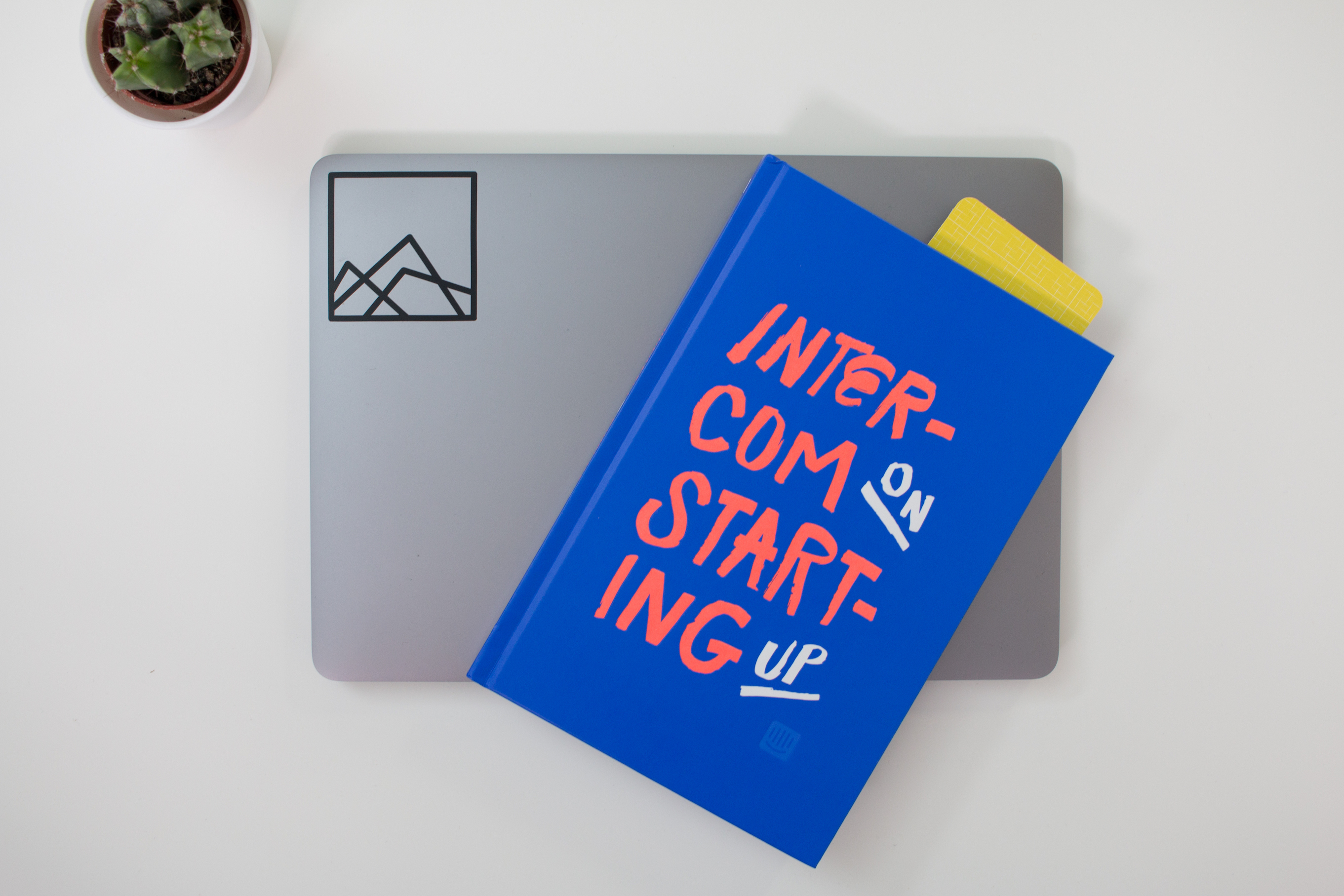Starting is hard. (But it's not the hardest bit)
October 25th, 2022
Starting a business is hard.
There are so many possible directions you can take.
It's full of risk, disappointment and graft.
Only 40% of UK businesses make it past year three.
Starting is only the beginning - it gets harder.
So why start anyway?
If you're an Unexpected Entrepreneur, there is often an idea that keeps you up at night.
You might be actively starting or building a business, or it may just occupy your thoughts.
If you're pre-start or just starting, there are so many questions you have.
Will this work? Who will buy my product/service? Do I have the energy to do this? Is it worth the risk?
I can't answer any of those questions, but I do have one more question.
 What if it does work?
What if it does work?
That's up to you.
You get to pick what growth looks like for you.
What if it doesn't?
Throughout the process, you should be looking for opportunities to limit your risk. Betting the house on an un-tested idea isn't the plan here.
Can you start your business idea in the evenings?
Can you grow a small team internally at work to test the idea over six months?
What's the smallest version of that idea?
Have you done your research?
If you can limit your liability throughout, then the risk should be minimised to your time and a small outlay of costs.
My idea might not be different enough.
That idea you have for a product, website, community or service it's not unique, is it?
You might have your own spin on it, a different design or a new approach but at the end of the day, it's unlikely to be an entirely unique concept.
Every bakery is ultimately the same, they bake. However, in my local town, there's a handful of bakeries, and all are different.
You have experiences and a point of view that no one else on Earth has. That instantly makes your idea, different.
 It gets harder.
It gets harder.
Don't get me wrong, starting something new is hard.
Whether you're learning French on Duolingo or in your early days as a business owner, it's tough.
In my opinion however, the hardest part is breaking past the dip.
The Dip is best explained in Seth Godin's book;
"The Dip is the long slow slog between starting and mastery. A long slog that’s actually a shortcut because it gets you where you want to go faster than any other path."
This book explores when to quit or stick at it.
It turns out, it's only the ones who push through hard times who accomplish their goals.
This loops back nicely to this question.
What if it works out?